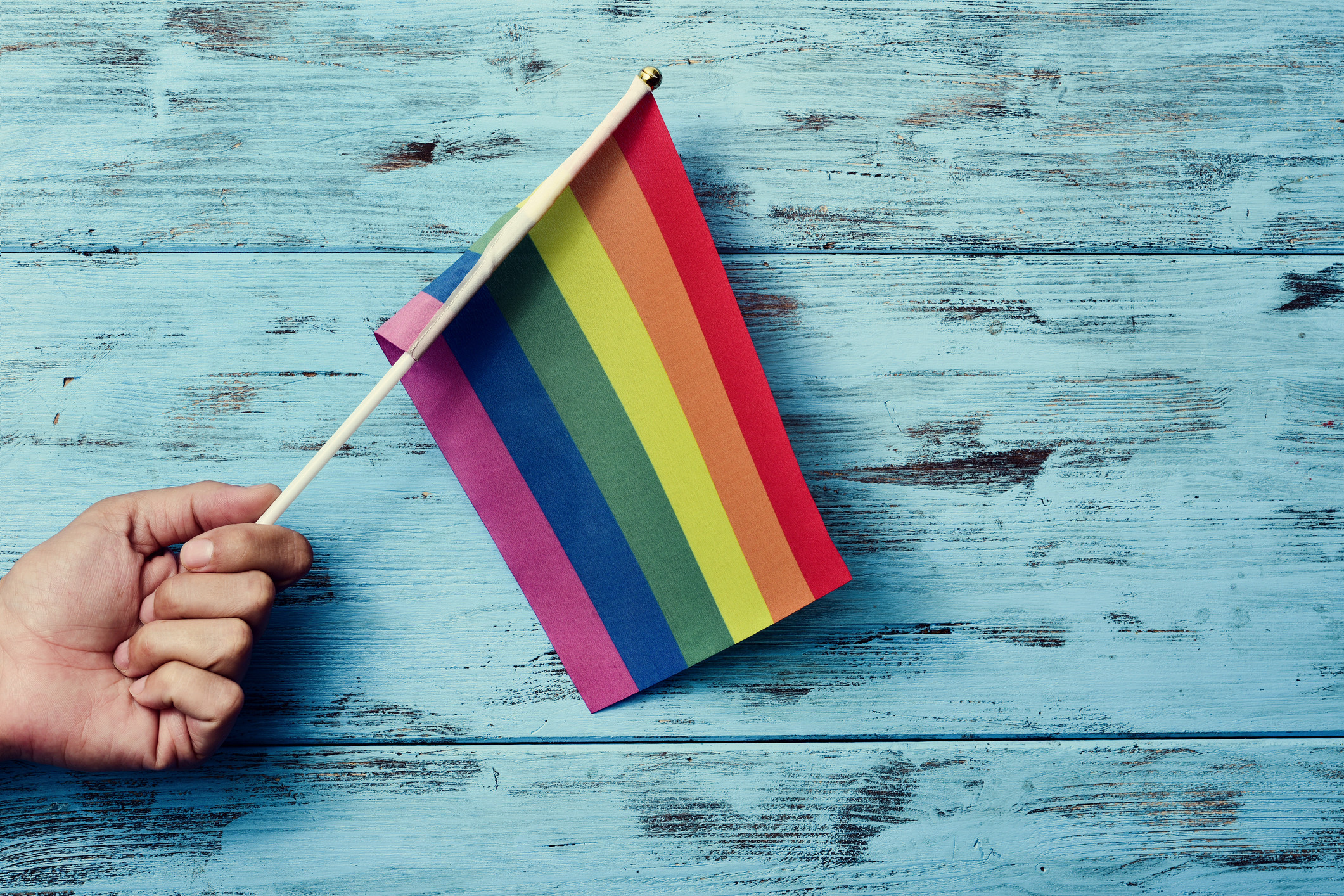These are the best and worst countries in Europe for LGBT+ policies
The ILGA-Europe ranking analysed laws and policies governing LGBT+ matters across 49 European countries.
Image: REUTERS/Ann Wang
Stay up to date:
Gender Inequality
Azerbaijan, Turkey and Armenia have the most restrictive LGBT+ equality laws and policies in Europe, campaign group ILGA-Europe said on Monday.
Azerbaijan scored just 3% on a scale where zero indicates gross human rights violations and 100% represents the greatest degree of equality under the law, according to Rainbow Europe, a measuring tool created by ILGA-Europe.
The former Soviet republic - host of the 2012 Eurovision Song Contest - gained points in just three of the 69 individual categories, which cover areas such as employment rights and marriage equality.
What is the Forum doing to boost inclusion for LGBTI people?
The Azerbaijan embassy in London did not respond to a request for comment.
Turkey and Armenia were awarded 5% and 7% respectively.
A direct comparison with last year's results is not possible, as ILGA-Europe has changed the overall number of categories to give more weight to laws and policies covering civil society and asylum.
However, the countries that did well on this year's list, including top-ranked Malta, Luxembourg (third) and Finland (fourth), have addressed gaps in transgender and intersex rights, said Evelyne Paradis, executive director of ILGA-Europe.
Irrespective of the recalibration, "those countries that continue to do really well and go up are those that ... clicked quite some time ago that the agenda was more than marriage equality", Paradis told the Thomson Reuters Foundation.
Now in its 10th year, the ILGA-Europe ranking analysed laws and policies governing LGBT+ matters across 49 European countries over the past 12 months.
Due to the shift in the number of categories, several countries that had formerly been seen as leaders of LGBT+ equality, such as Britain, saw their overall percentages slip between 2018 and 2019.
Last year, Britain scored 73% and was ranked equal with Finland and France at fourth, but according to the Rainbow Europe 2019 index, this year fell to 66% cent, tied at seventh with Portugal.
What is the Forum doing to boost inclusion for LGBTI people?
"The UK has a proud record of promoting equality for LGBT people and we continue to be recognised as one of the leading progressive countries in Europe for LGBT rights," a spokeswoman for Britain's Government Equalities Office said in an email.
Germany, France and Norway also saw their percentages fall over the past 12 months. The 2019 index ranked Belgium second, between Malta and Luxembourg. (Reporting by Hugo Greenhalgh @hugo_greenhalgh; Editing by Jason Fields. Please credit the Thomson Reuters Foundation, the charitable arm of Thomson Reuters that covers humanitarian news, women's and LGBT+ rights, human trafficking, property rights, and climate change. Visit http://news.trust.org)
Don't miss any update on this topic
Create a free account and access your personalized content collection with our latest publications and analyses.
License and Republishing
World Economic Forum articles may be republished in accordance with the Creative Commons Attribution-NonCommercial-NoDerivatives 4.0 International Public License, and in accordance with our Terms of Use.
The views expressed in this article are those of the author alone and not the World Economic Forum.
Forum Stories newsletter
Bringing you weekly curated insights and analysis on the global issues that matter.
More on Equity, Diversity and InclusionSee all
Silja Baller and Fernando Alonso Perez-Chao
July 11, 2025
Aarushi Singhania and Kiva Allgood
July 4, 2025
Abayomi Olusunle
July 1, 2025






